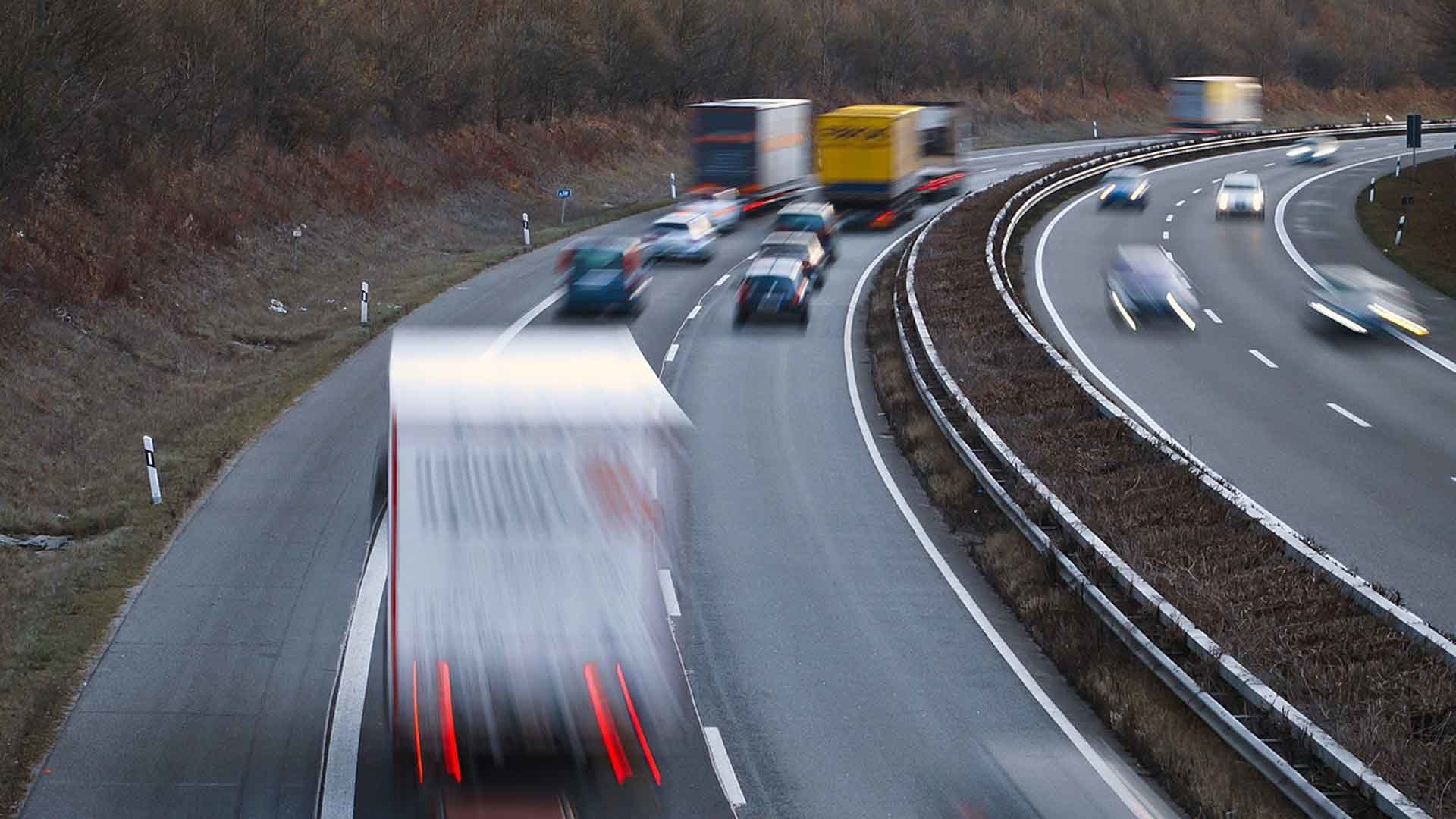
New figures show rear-end shunts have become the most common type of car accident on UK roads, due to a spike in numbers during the past 12 months.
They now account for almost one in four car crashes.
This is despite a high-profile clampdown on tailgating by the police and Highways England, which caught 10,000 motorists just two weeks after new ‘anti-tailgating’ cameras were installed.
The rise in rear-end shunts, revealed through analysis of data from car insurer Admiral, is also surprising given much lower levels of road traffic in 2020 due to lockdown restrictions.
The figures “suggest many people are still driving too closely to the car in front, despite potentially quieter times,” said Admiral head of motor product Clare Egan.
“Motorists can be prosecuted for tailgating as it could be considered as driving without due care and attention, or without reasonable consideration for other persons using the road.”
Ms Egan warned that new Admiral customers with a conviction for driving without due care and attention saw, on average, premiums increase by more than 50 percent.
“As we head into the winter months, bad weather and poor visibility make the stopping distance more important than ever.”
Alarmingly, a 2018 survey suggested three in four drivers would take some sort of action to deal with a tailgater – with one in three admitting they would ‘brake-test’ the car behind.
ALSO READ
BMW eDrive zones help get the best from plug-in cars